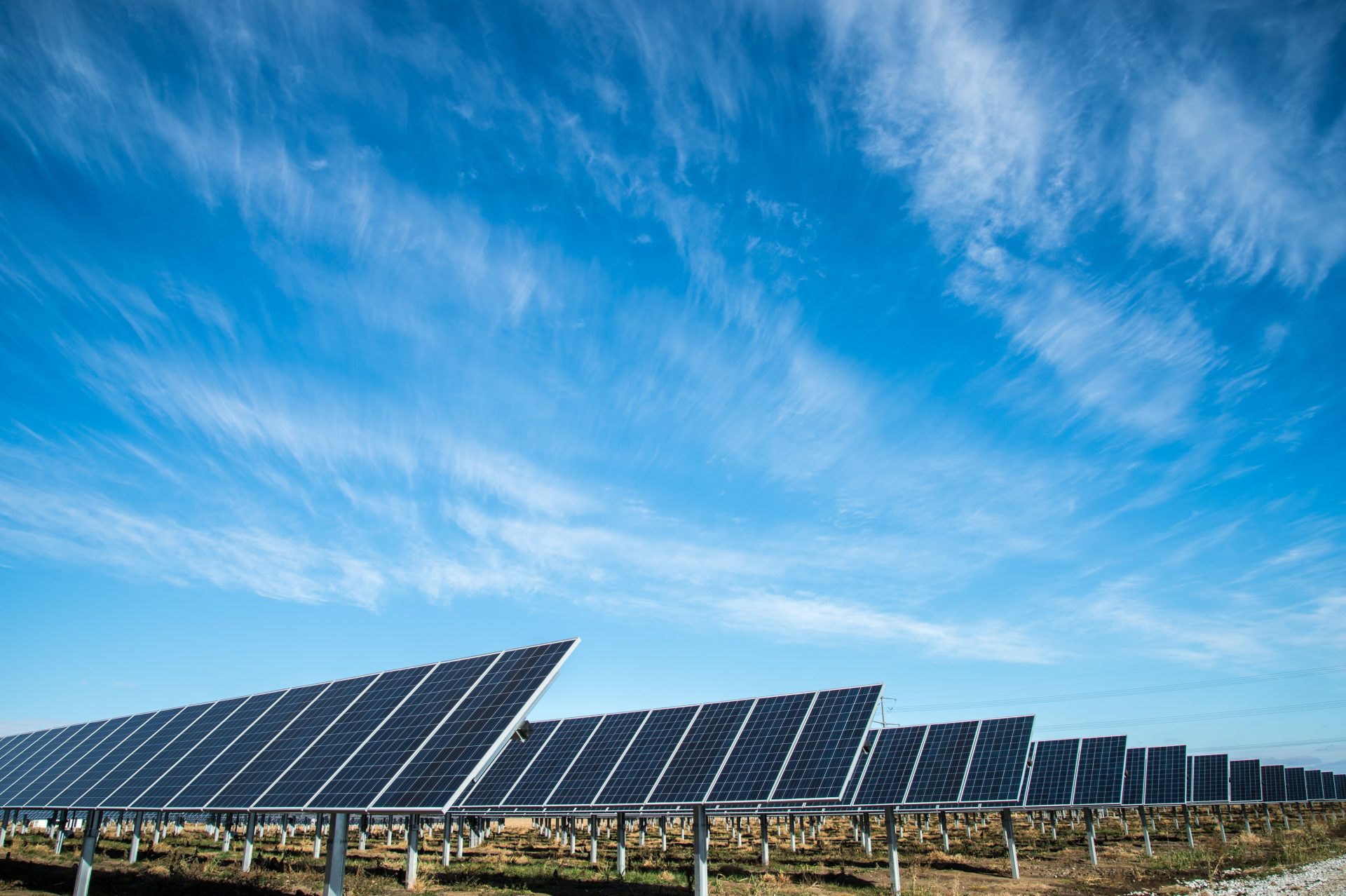Approximately 60 members and friends of the accounting profession gathered in New York City recently to share experiences, findings, expectations, and premonitions around this thing known as ESG which has taken on a life of its own in our society and in particular in corporate boardrooms. Environmental, Social, and Governance make up the pieces of ESG, and businesses are feeling the pressure from analysts and those who move money around in our economy to recognize and respect the influences of investors who are demanding accountability in these three areas.
One of the things we learned at the ESG Symposium is that the U.S. is way more interested in the E of ESG than it is the S or the G, so we’re likely to see more specialists stepping up to show companies how to save the climate and measure their performance in that area before we turn our attention to a more diverse workforce and fair (the definition of this term varies) wages.
Briefly, the E (Environmental) in ESG relates to a business’s impact on the environment in areas of carbonization, greenhouse gas emissions, waste management, and generally trying not to destroy this world in which we live. S stands for Social, and this includes the way employers treat their employees, colleagues, clients, customers, and anyone else who crosses their path. The popular acronym DEI (Diversity Equity and Inclusion) falls under the Social aspect of ESG, as do issues of fair pay, labor relations, employee safety, and community engagement. Finally, G relates to Governance, and that translates into corporate structure and transparency. Here’s where companies are feeling the pressure to share how much the corner office people are paid, make sure there is diversity in the boardroom, and pursue a high level of business ethics and integrity. (Note: This is not intended to be a complete definition of the factors that make up ESG.)
Barry Melancon, AICPA CEO, reminded us that “there’s a very complex set of drivers here,” and pointed out that we’re dealing with confusion (might be an understatement) in the legislative environment, as if there’s not enough confusion in the corporate environment. (After all, it’s fair to say that corporations are accustomed to shareholder expectations that they turn a profit – now they’re faced with the need to do so but to address the ESG issues as well maybe even before they start talking about that profit).
How ESG is addressed is going to be impacted by politics in the EU (for the record, the European Union is super pro-ESG and is leaving us (and I DO mean U.S.) in the dust when it comes to taking a stand on these issues (and I DON’T mean just the E – see sidebar), and also we can count on the upcoming 2024 U.S. elections, which promise to be volatile (definitely an understatement), to have an impact on how we U.S.ers deal with ESG issues in the near future.
Melancon mentioned that we can expect ebbs and flows and uncertainty in the area of ESG in the short-term – at least until after the 2024 elections. Meanwhile, he displayed some fascinating and discouraging statistics regarding CPAs and their (lack of) participation in the ESG arena, basically charging us to get with the program and dive into this ESG cesspool (no pun intended) (well maybe a little bit) while the getting is good.
For example, he said that most recent tracking indicates that 57% of ESG assurance services were performed by professional accounting firms (down from 61% in 2020), and before you think that that’s a good start, keep in mind, Melancon reminded us, that if we heard that only 57% of accounting assurance services were performed by professional accounting firms, “You’d think that’s a very bad number.” Improvement is on the horizon, however. In 2022, 84% of accounting firms report that they are likely or very likely to start performing sustainability assurance services within the next three years.
“We believe this profession is the right group of people [to provide ESG assurance},” said Melancon. “We are independent, and we have the skill set.”
Eric Asgeirsson, president of CPA.com, pointed out that the AICPA and CPA.com are working with firms to provide tools that can increase this ESG assurance activity. Most recently, CPA.com partnered with Good.Lab, a provider of ESG software and consulting services, to create a new practice development program. The first program is in progress now, with five firms participating, and another five firms will join the program this fall.
Thanks for reading CPA Practice Advisor!
Subscribe Already registered? Log In
Need more information? Read the FAQs




